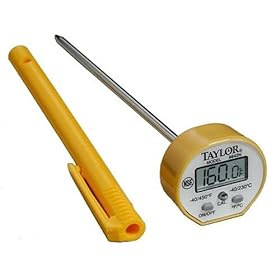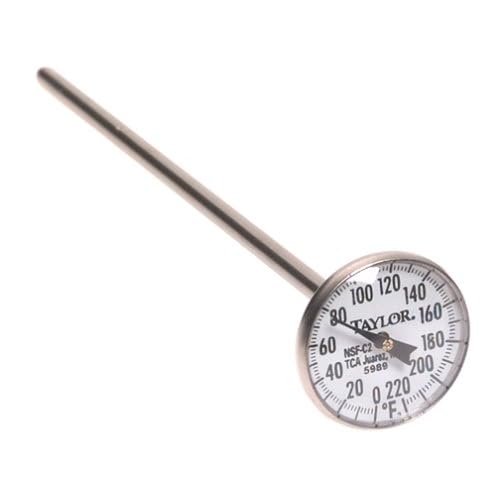Tmeister
Well-Known Member
hey, im a all grain brewer with about 10 brews on my belt. I allways use a probe thermometer (the ones with the circular dial and probe) for checking mash temp, and strike water temp. I allways get worried with these because I feel like they aren't that accurate. I do calibrate my thermometer, but it just worries me.
My question is... how do you experienced AG brewers check strike and mash temp. ? Is there really nice thermometers to use or is what im using just fine.
I haven't had any problems with temp normally besides just slight variation, I just want to be exact.
My question is... how do you experienced AG brewers check strike and mash temp. ? Is there really nice thermometers to use or is what im using just fine.
I haven't had any problems with temp normally besides just slight variation, I just want to be exact.







